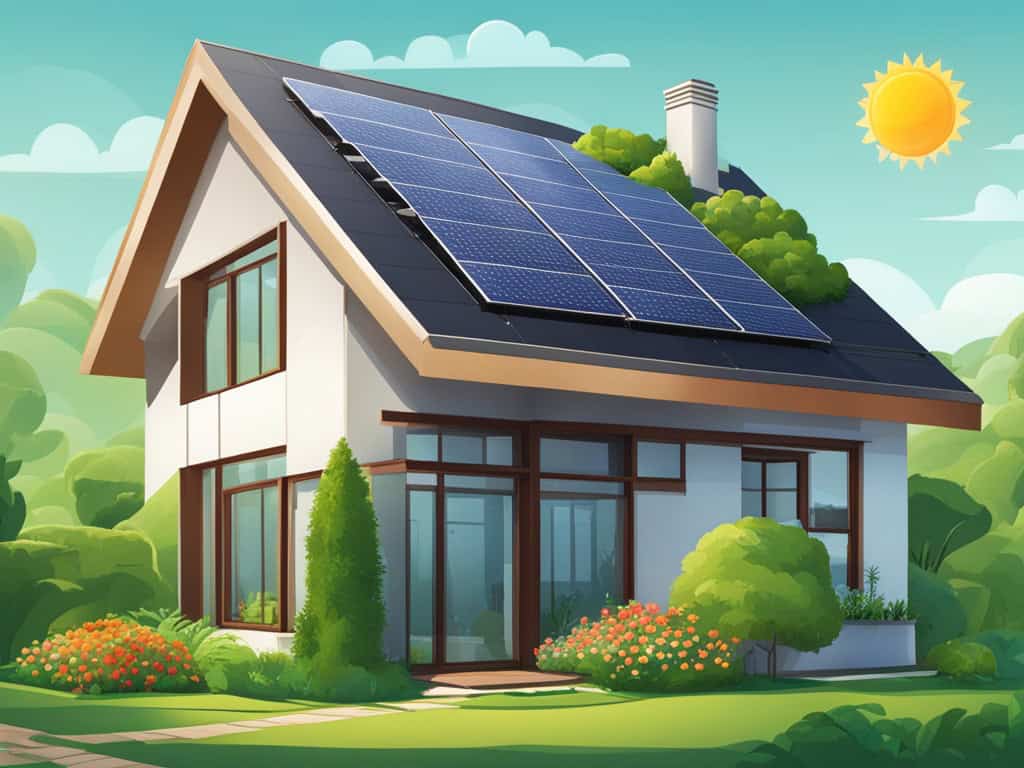In an age where energy prices fluctuate wildly and the climate crisis demands sustainable action, energy independence has become more than just a trend—it's a necessity. Whether you're a homeowner, business owner, or off-grid enthusiast, having your own power supply offers freedom, savings, and peace of mind. But what does energy independence really mean
In an age where energy prices fluctuate wildly and the climate crisis demands sustainable action, energy independence has become more than just a trend—it's a necessity. Whether you're a homeowner, business owner, or off-grid enthusiast, having your own power supply offers freedom, savings, and peace of mind. But what does energy independence really mean, and how can you achieve it?


Energy independence means generating and managing your own electricity without relying entirely on the traditional power grid. This can be partial (like powering only certain appliances with solar) or total (running your entire home or building off the grid). By taking control of your own energy production, you're no longer at the mercy of blackouts, rising utility rates, or unsustainable energy practices. It’s about turning your home into a power station—not just a consumer.
Understand your energy needs. Track how much power you use daily and which appliances consume the most. This helps you design a system that fits your lifestyle.
Batteries like Tesla Powerwall or other lithium-ion systems store excess energy for night-time or emergencies. Without storage, you’ll rely on the grid when the sun isn’t shining.
Devices like smart meters and inverters help you monitor usage and optimize performance. You can even automate when and where your power is used.
Upgrade to LED lights, energy-efficient appliances, and proper insulation. The less energy you use, the easier it is to go independent.